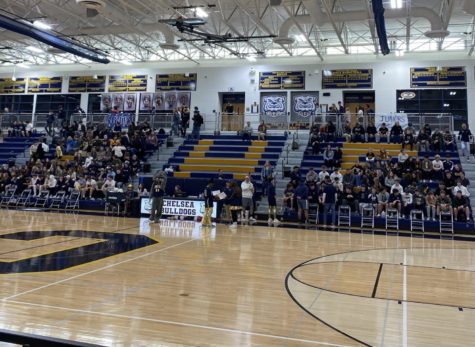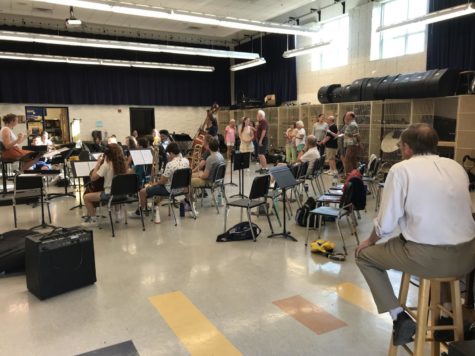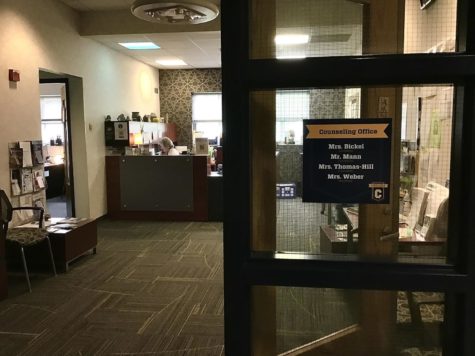Later School Start Times: Sleepy Students Rejoice?
Students are known for complaining of early classes and being tired, but is the extra hour of sleep really worth it?
Recently, California’s governor signed a law mandating that high schools and middle schools start at later times. The law will be phased in 3 years and states that high schools cannot start earlier than 8:30 a.m. and middle schools no earlier than 8 a.m. The law is expected to be looked upon by politicians and parents across the country as everyone wants to know what happens.
Starting later in the morning rearranges the school day to fit the biological clocks of teens. Teens need 8-10 hours of sleep to function properly, and they have sensitive, developing brains that need extra sleep compared to the average adult who needs 7-9 hours. Teens stay up later, not because they are rebellious, as many adults assume, but because puberty causes a shift in body rhythms, making them not tired until later times.
The American Academy of Pediatrics, the US Centers for Disease Control and Prevention, and the American Medical Association all say that starting school later in the morning, such as 8:30 a.m., helps teens arrive alert and ready to learn. Students who are alert and awake make morning classes more productive, possibly balancing the extra time not used in the morning. With more sleep, teens may be at less risk for physical impairments such as car accidents, obesity, diabetes, and hypertension. Teens with sleep are also less likely to experience mental health issues such as depression, anxiety and attempt suicide or commit self-harm. As suicide and teen mental health has become an important focus for schools in the last few years, turning to later school days might take the pressure off of students and be a potential solution.
Starting school later might also contribute to significant improvements in academic success and learning. Students in Edina, Minnesota’s schools, which moved start times 50 mins later, showed more assignments coming in on time and test improvements.
As a student, I certainly understand that getting more sleep before a big test always helps my focus and productivity. I know I can work harder and faster when I’ve had a solid sleep than when I’m physically and mentally drained. This means better test scores, a better GPA, and better performance in class. Why wouldn’t schools want their students to improve academically?
Why would schools be discouraged from delaying start times? Many opposers of later start times say that this causes conflict with extracurricular activities. When you move the school day up a half-hour, you move every after school activity up as well which could potentially cause some conflicts. However, to combat this potential downside, California allowed 3 years for schools to solve schedule issues. People question what working-class families will do to pick up their children but this criticism is strictly adult based. The moral debate here is whether you prioritize after school activities and adult’s schedules or teenagers and their physical and mental well being.
Schools and health officials across the country will be waiting to see what happens in California. If pushing back start times proves successful, maybe Chelsea High School could see this change in the future since many teens in our school are in favor of moving starting times back. On the other hand, if it fails won’t it have been worth the effort? What would it take to implement this at CHS? A half-hour seems like it couldn’t make that much of a difference. But are you willing to jeopardize the mental and physical wellbeing of teens?

Sierra is a senior at CHS, and she’s been involved in The Bleu Print over the past few years. Sierra enjoys playing tennis, running, and spending quality...





